Understanding Food Addiction: Causes, Symptoms, and Recovery Strategies
People with food addiction struggle every day with a loss of control or inability to stop eating certain foods. Understanding the causes and signs can help lower your risk.

By Michelle S. Hunt, PsyD, LCADC, Clinical Psychologist, Licensed Clinical Alcohol and Drug Counselor, Virtua Complete Weight Management Program
People with food addiction struggle every day with a loss of control or an inability to stop eating foods high in carbohydrates, fat, salt, sugar, or artificial sweeteners. They also experience painful feelings of shame and embarrassment about their food behaviors.
Food addiction is a complex condition that shares similarities with other types of addiction, such as drug, alcohol, shopping, or gambling addictions. However, help is available.
Understanding the causes and signs of food addiction can help you lower your risk and change potentially problematic behaviors.
What is food addiction?
Food addiction is a physiological, psychological, and behavioral disorder characterized by a loss of control over the consumption of "highly palatable" foods (high in sugar, salt, and fat). Like substance abuse, it triggers the brain’s reward system, releasing "feel-good" chemicals such as dopamine and creating a cycle of cravings and withdrawal.
To help you hang on to or recreate those good feelings, your body and brain will begin to crave highly palatable foods. Because your brain will adjust its receptors to compensate for the rush of chemicals, you'll eventually need to consume increasingly larger quantities of highly palatable foods to get the same feel-good reaction.
Who is at risk for food addiction?
Because everyone must eat to survive, anyone can develop a food addiction. Overexposure to highly palatable foods can increase your risk of developing a food addiction—and people who are overexposed at a young age are at even higher risk. People who use food to cope with stress or to change their mood are also at higher risk.
Studies also show that specific genes put people at a higher-than-average risk of developing any addiction. The more “addictive” genes a person has, the more likely they are to struggle with addiction to food, another substance, or a behavior.
What are the signs of food addiction?
Common signs that a person is struggling with food addiction include:
- Loss of control: Inability to stop eating even when full
- Physical cravings: Intense urges for high-fat, high-sugar foods
- Emotional distress: Feelings of guilt, shame, or embarrassment after eating
- Tolerance: Needing to eat more of a specific food to feel a "reward"
- Social isolation: Avoiding social events to eat alone or hiding food habits
Many people who have food addiction also experience weight gain. However, some do maintain a normal weight.
If you're experiencing food addiction and stop eating certain foods, you may experience withdrawal symptoms, including:
- Cravings
- Headaches
- Irritability
- Restlessness
How do I prevent food addiction?
Food addiction is difficult to prevent because it’s impossible to avoid food. However, one of the best strategies is to avoid overexposure to palatable foods by eating a healthy, balanced diet rich in natural, unprocessed foods. Eating a balanced diet and recognizing the warning signs of food addiction will help you act quickly if you suspect a problem.
3 steps to overcome food addiction
- Detoxification: Remove "trigger" foods (like processed sugars) to reset your brain's reward system.
- Behavioral modification: Identify environmental triggers, such as eating at specific restaurants or eating ice cream before bed, and create new habits.
- Mindful management: Plan your meals, use meal-tracking tools, and practice mindfulness to eat more intuitively and recognize your hunger cues.
Although some people can gradually reintroduce small amounts of problem foods into their diets, others must avoid them indefinitely to maintain control over their food addiction. You should pay close attention to how your body responds to your problem foods to decide which long-term management strategy is right for you.
Find support in overcoming food addiction
Virtua's Complete Weight Management team offers a personalized approach to weight loss, including the behavioral support you need to address the psychological and emotional factors that contribute to weight gain. Request a consultation today.
There's So Much More to Explore
Discover expert insights, inspiring stories, health tips, and more by exploring the content below!

Understanding Food Addiction: Causes, Symptoms, and Recovery Strategies

The Weird Pregnancy Side Effects No One Tells You About

10 Reasons to Schedule Your Colonoscopy Screening Today

At-Home Colon Cancer Tests vs. Colonoscopy: Which Screening Option Is Right for You?

10 Hand Washing Tips to Keep You Healthy All Year

How Exercise Helps Fight the Winter Blues and Improve Your Mood

8 Signs It's Time to See a Gastroenterologist

How the Unique Stages of a Woman's Heart Affect Her Health

Complex Aortic Surgery Provides Lu’Shell Hope for the Future

8 Stretching and Balancing Exercises for Older Adults

Cervical Cancer Screening Guidelines: What You Need to Know

Healthy Snack Recipes for Kids: Fast, Fun, and Full of Flavor

What To Eat Before And After Your Workout

HeartTalk Magazine

How to Spot the Early Signs and Symptoms of a Stroke

Healthy Takeout Made Easy: What to Order for Better Nutrition

How Weight-Loss Surgery Can Improve Diabetes, Heart Health, and More

6 Tips for an Easier Colonoscopy Prep

How to Achieve Your Health Goals This Year

Why Weight Loss Plateaus Happen (And What to Do Next)

Knee Replacement Rehab: 7 Exercises to Restore Your Strength and Range of Motion

Are You Eating Too Much Salt? High-Sodium Foods to Watch For

Caregiving During the Holidays: Ways to Manage Stress and Find Joy

Bioidentical Hormone Replacement Therapy Pellets: Relief for Menopause and Andropause Symptoms

COVID-19 Vaccines and Pregnancy: FAQs

How to Exercise Safely with Asthma: Tips, Triggers, and Rescue Inhaler Use

COMFORTing Tips to Avoid Holiday Heartburn

How to Tell the Difference Between Cold, Flu, and COVID-19

4 Exercise Tips to Help You Reverse High Blood Pressure

How to Bounce Back From Holiday Overeating

Why on Earth Am I Always So Cold?

Daily Wellness Checklist: Simple Habits for Feeling Good Inside and Out

The Best and Worst Foods for Acid Reflux

Foods to Enjoy and Avoid for GLP-1 Heartburn

3 Reasons Why Now's the Time to Find Relief From Varicose Veins

How to Get and Stay Healthy This Fall

How to Reverse Prediabetes and Prevent Type 2 Diabetes

4 Sweet Halloween Tricks for Grown Ups Who have Diabetes

6 Ways to Get More Out of Your Daily Walk

Social Tips for Introverts: Finding Connection While Preserving Your Energy

Is Cancer Hereditary? What You Need to Know About Your Genetic Risks

Is Your Post-Pregnancy Belly Bulge a Sign of Diastasis Recti?
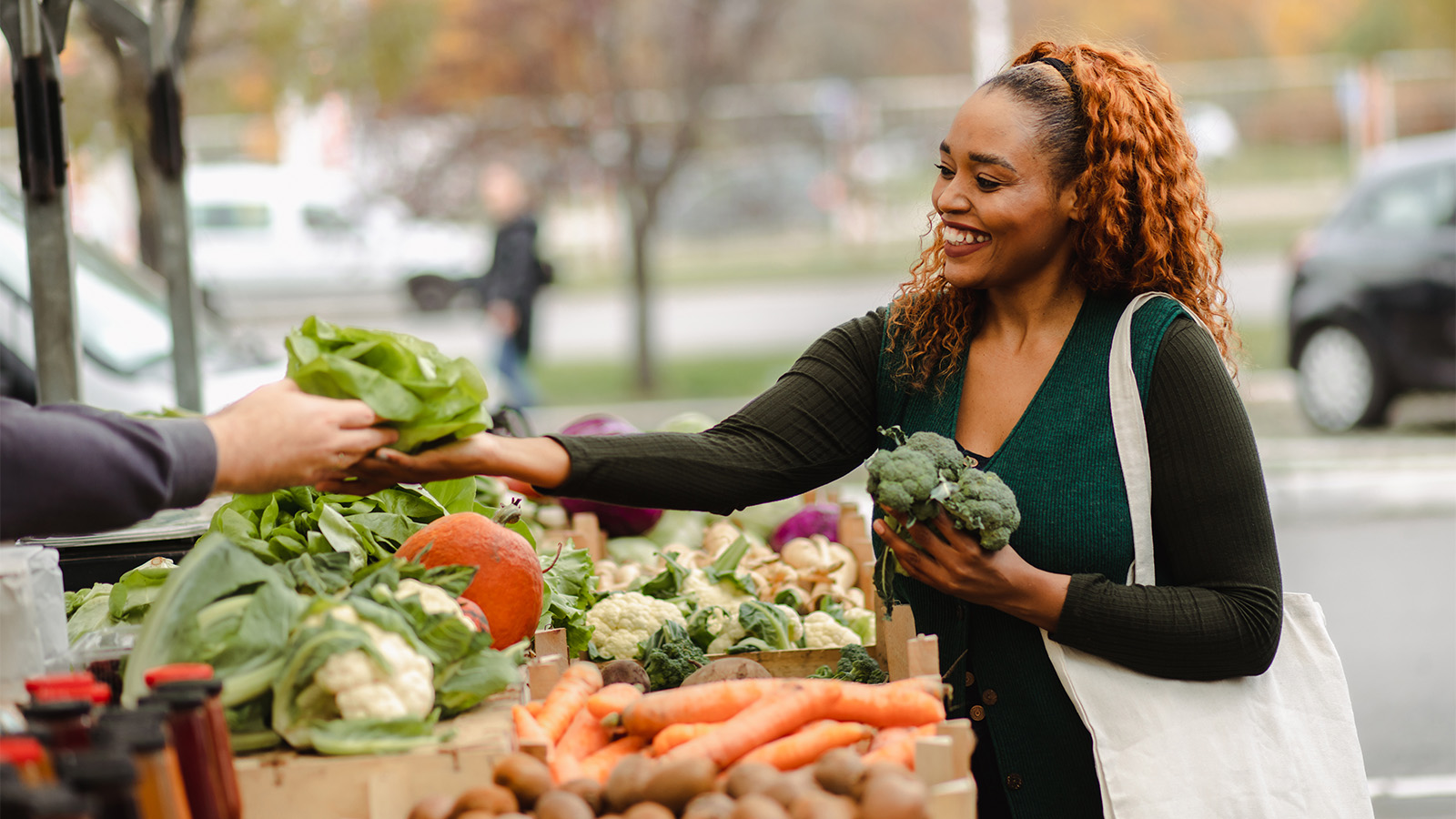
Fall Vegetables: The Health Benefits and Recipes to Try This Season

Your Guide to Mammograms: When to Get Screened and What to Know

The Top 10 Foods That Boost Your Brain Health

Is It Safe to Exercise During Pregnancy?

Prevent Yard Work Injuries: Tips for Mowing, Gardening, and Raking

Healthy Weight Gain During Pregnancy: A Guide for Moms-to-Be

How to Curb Nighttime Snack Cravings

Is Your Daily Walk Making You Really Sore?

IBS and Alcohol: Can You Still Enjoy a Drink?

Focus on Mental Health Is Key Part of Andrew's Weight-Loss Journey

'Feeling Joy Again': ECT Brain Stimulation Therapy Restores Ashley's Well-Being

3 South Jersey Farmers Markets You Must Visit This Fall

Easy, Healthy Lunch Ideas for the Beach

5 Best Biking Trails In South Jersey

Why Coffee Makes You Poop: A Comprehensive Guide

How to Stay Cool and Prevent Heat Illness All Summer Long

Do Not Get Burned by These Sunscreen Myths

Beat the Bugs and Save Your Summer

How to Have a Healthy Pregnancy if You're Overweight

Why You Get Sick on Vacation (and How to Stay Healthy While Traveling)

6 Hot Tips for a Safer Summer

4 Surprising Health Truths You Should Know

5 Interesting Facts About Your Heart

Is Low Sex Drive Normal? Revealing the Complex Causes of Low Libido in Women
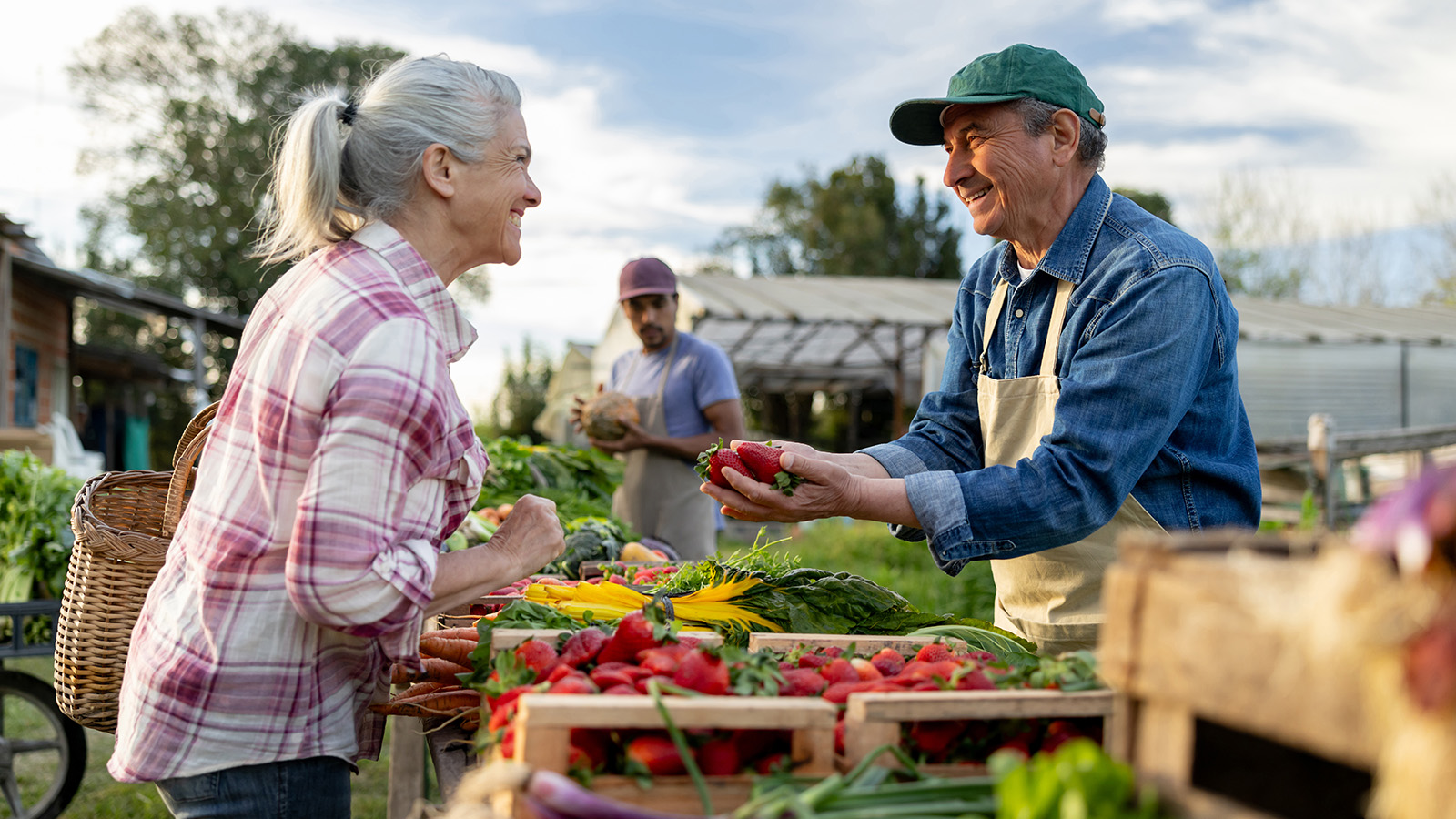
5 Feel-Good Activities to Explore Around South Jersey

Stress Incontinence vs. Urge Incontinence: What's the Difference?

3 Changes You Can Make Today to Lower Your Cancer Risk

A Lung Cancer Screening Could Save Your Life

Take Pride in our Health: Must Dos for LGBTQ+ Preventative Care

Protect Yourself From Tick Bites and Lyme Disease

5 Light and Healthy Recipes Perfect for Spring

10 Quick Ways to De-Stress

4 Ways to Stay Fit and Healthy on a Budget

From Restless to Restful: How Movement Improves Sleep

5 Simple Ways to Spring Clean Your Wellness Routine

How Do You Manage the Side Effects of Weight-Loss Medications?

Which Weight-Loss Option is Best for Me?

Best Foods for Kidney Health

5 Essential Winter Foot Care Tips When You Have Diabetes

Your 10-Point Plan to Avoid Winter Weight Gain

Surprising Symptoms May Signal Stroke In Women

8 Key Steps to Better Blood Pressure Control

Gut-Healthy Recipe: Turmeric Chicken With Asparagus
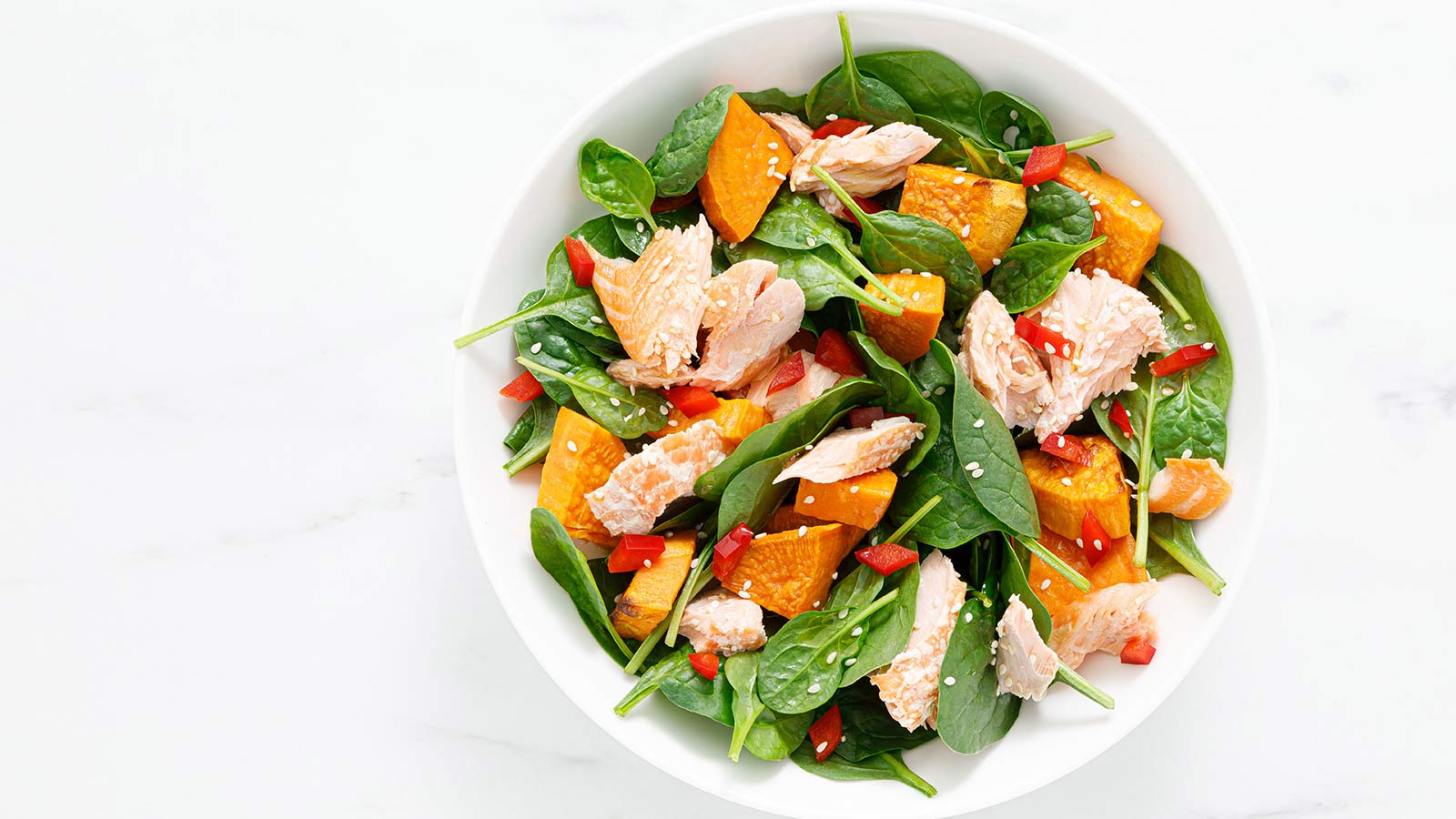
Gut Health Recipe: Chipotle Salmon and Sweet Potato Bowl

5 Back Stretches for the Work-From-Home Workweek

The HPV Vaccine: A Powerful Shield Against Cervical Cancer

How to Prevent and Treat Urinary Tract Infections

6 Numbers Key to Keeping Your Heart Healthy

4 Easy Ways to Treat and Prevent Runner's Knee

What is the 80/20 Diet Rule?

Five Mindfulness Tips That Can Help Heal Your Heart
Working from Home? Take a Quick Break to Stretch Your Wrists

Love Your Heart: Essential Care Tips for Every Stage of Life

How Do I Measure My Blood Pressure at Home?

How Do I Improve My Cholesterol Levels?

3 Ways to Reduce Your Stroke Risk

Overcoming Addiction, Philip Now Sees More Positive Side to Life
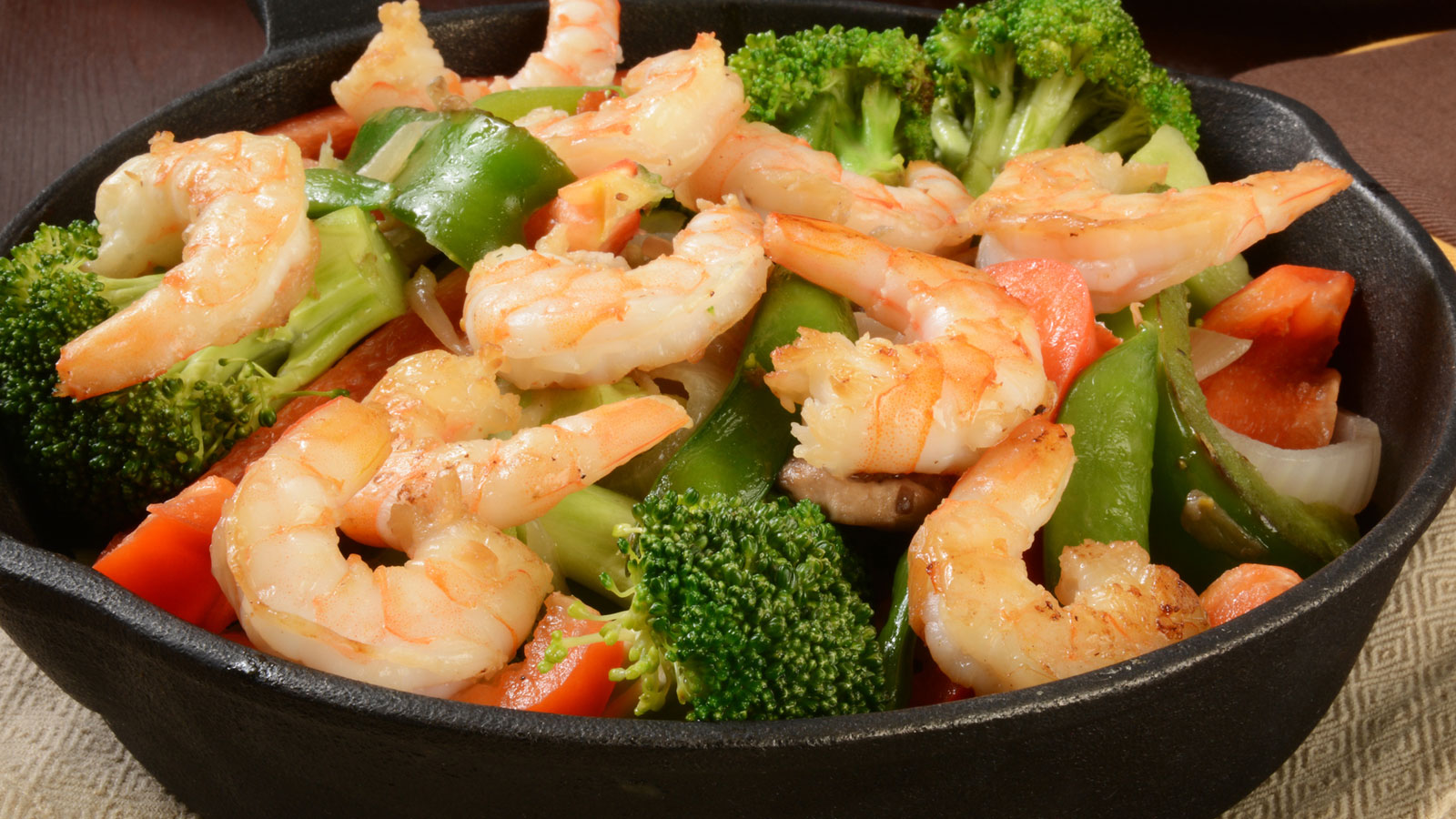
Gut-Health Recipe: Shrimp and Vegetable Stir Fry
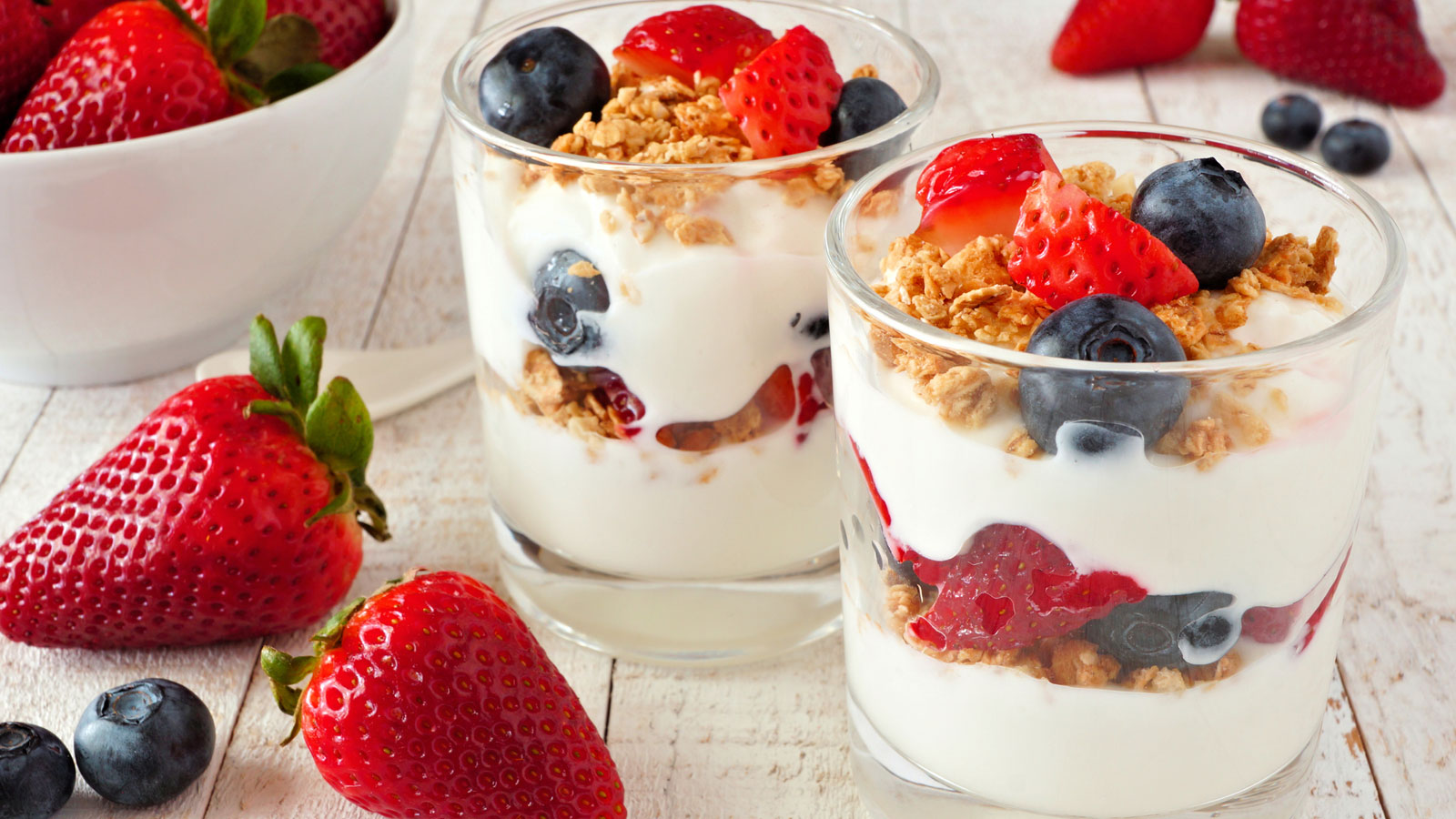
Gut-Health Recipe: Berry Yogurt Parfait
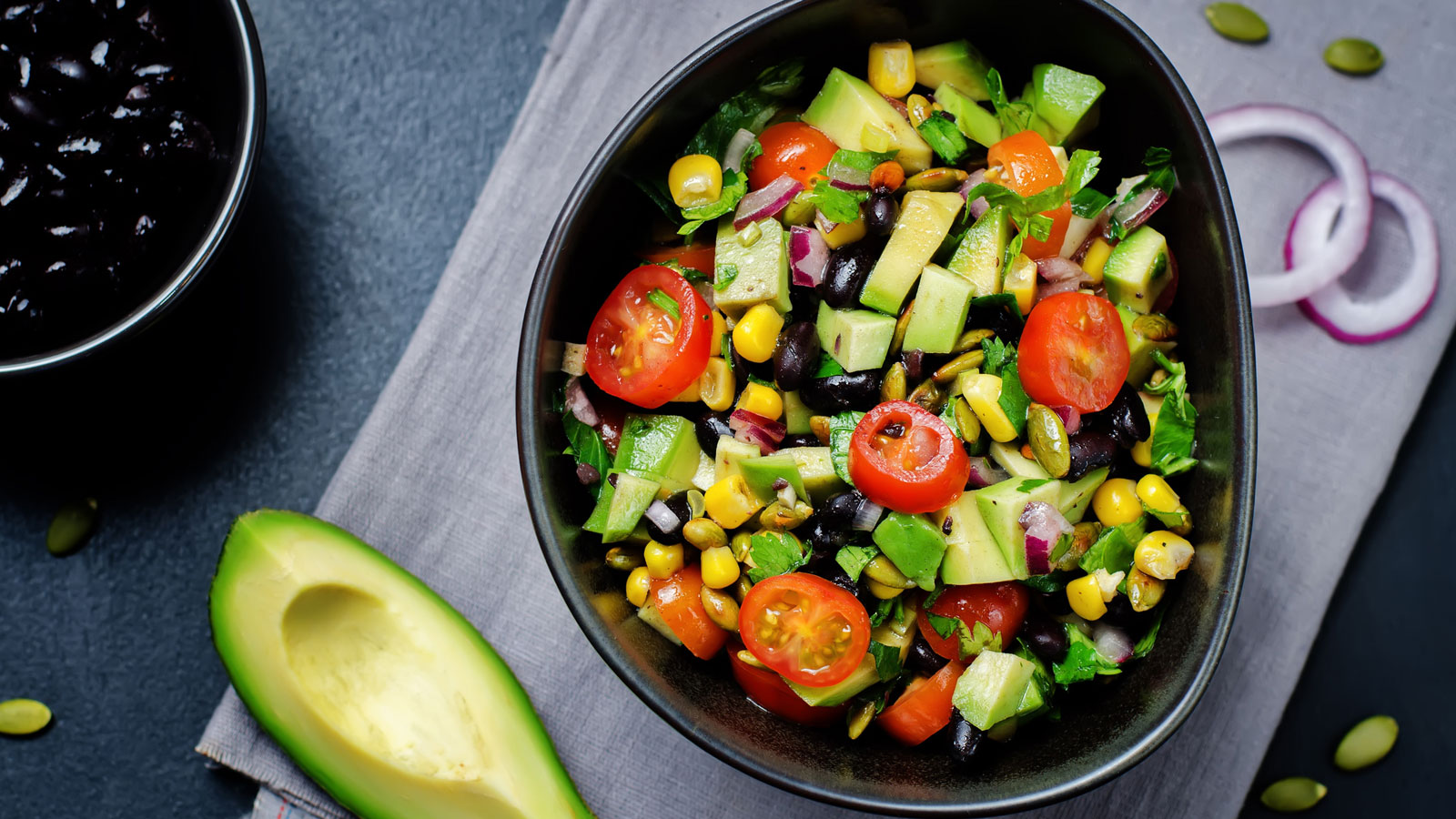
Gut-Health Recipe: Avocado and Black Bean Salad
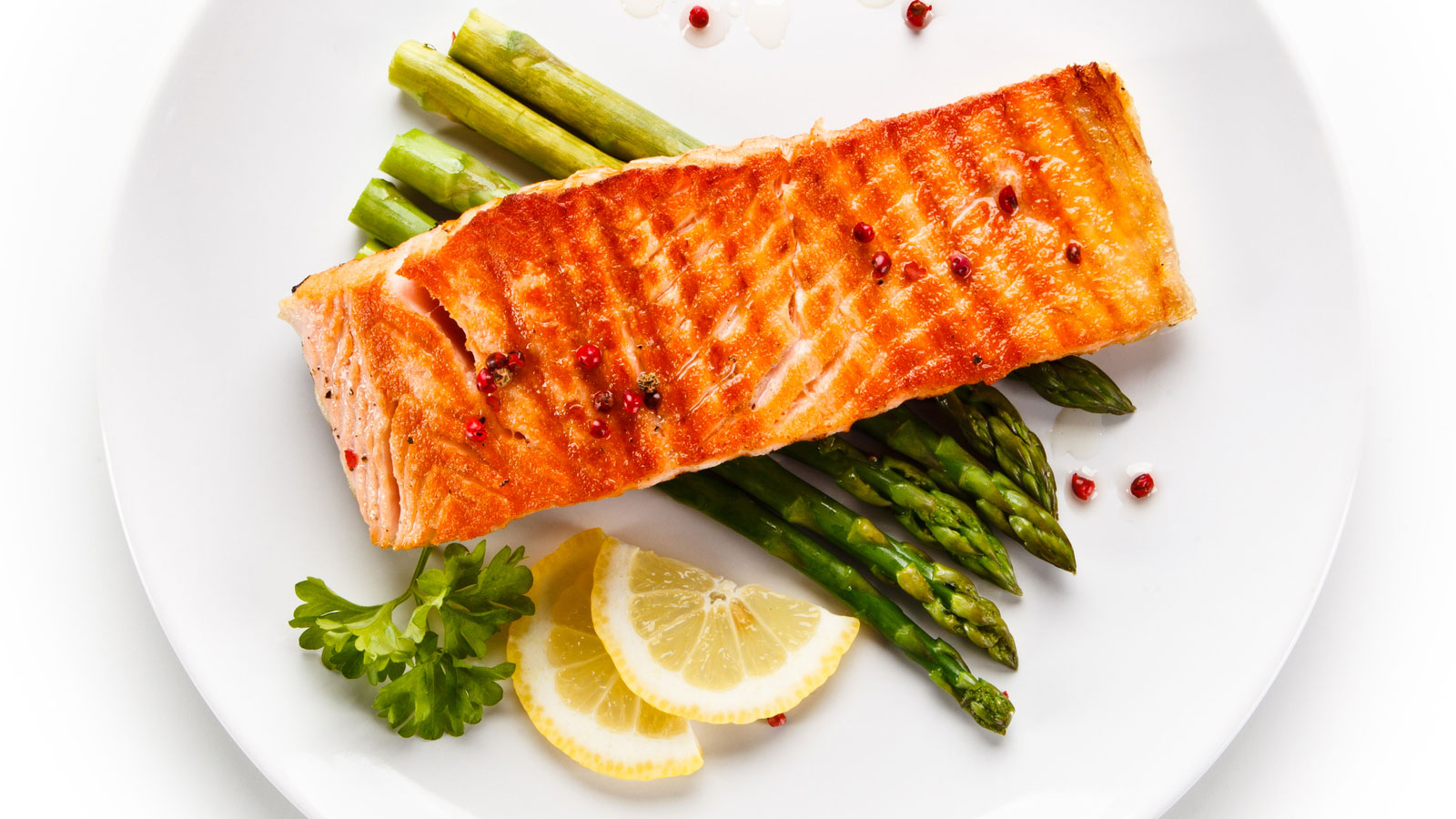
Air Fryer Salmon with Roasted Asparagus

Healthy Gameday Snacks: Buffalo Chicken Dip
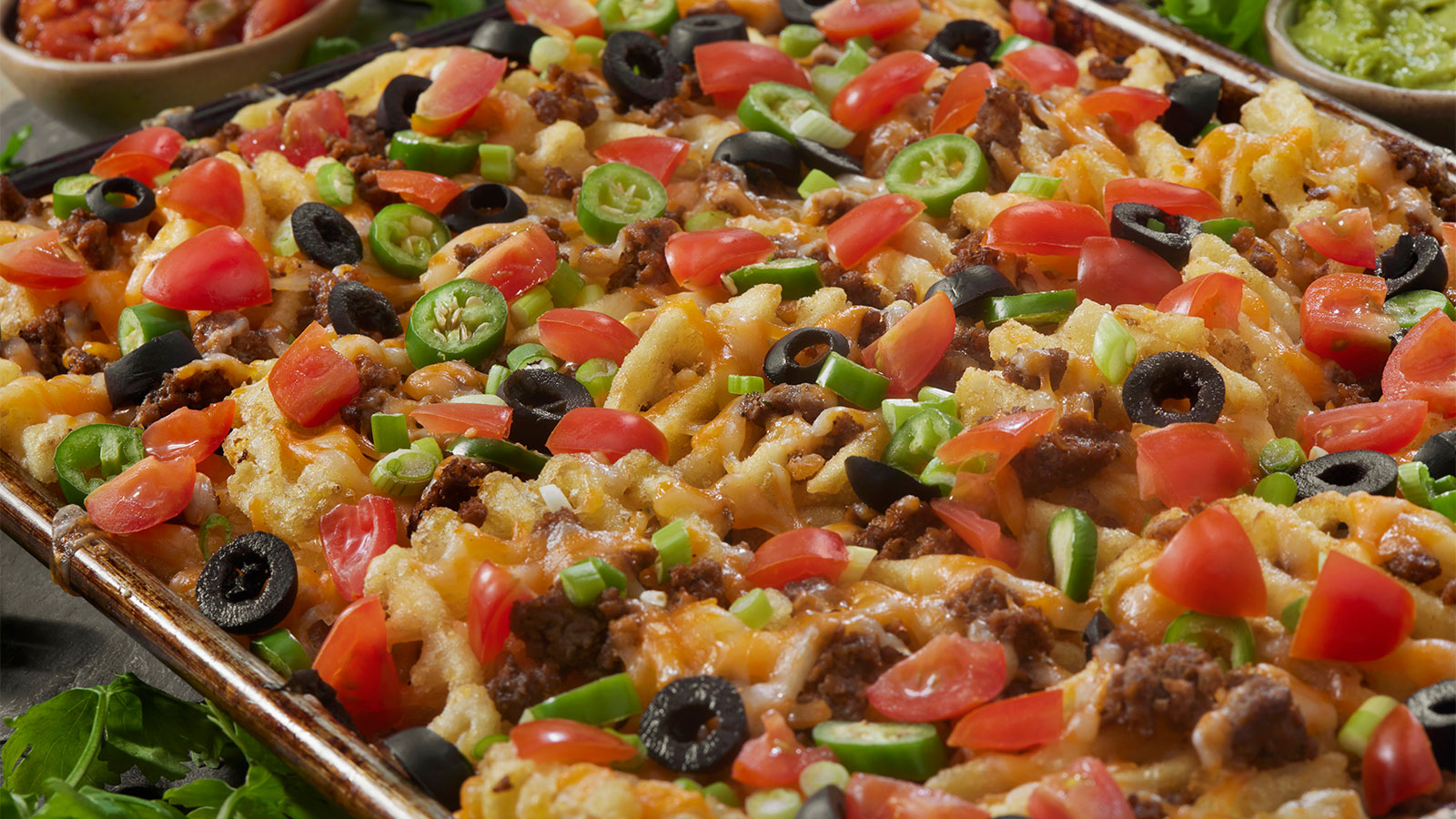
Healthy Gameday Snacks: Sheet Pan Nachos
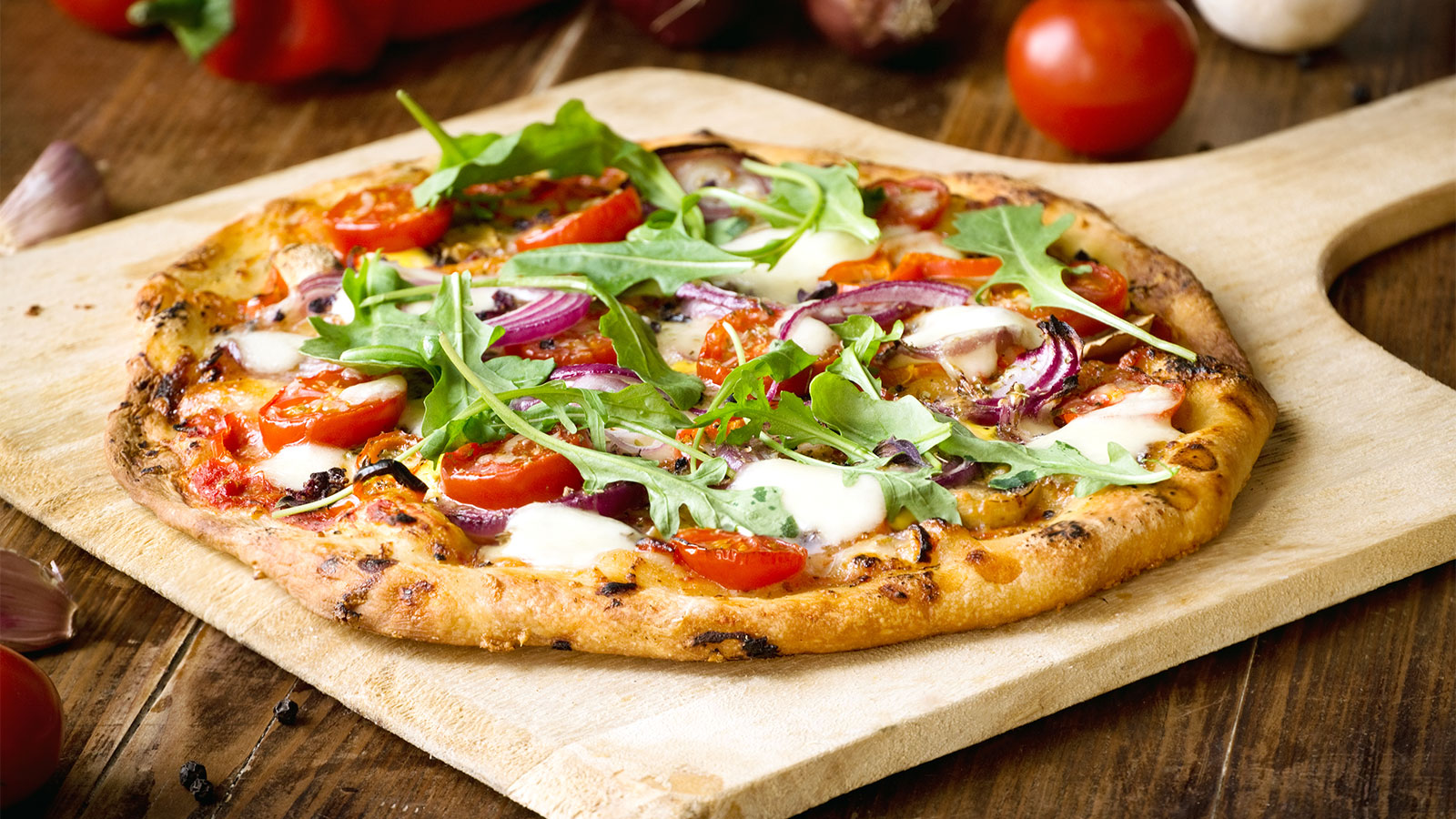
Healthy Gameday Snacks: Healthier Homemade Pizza
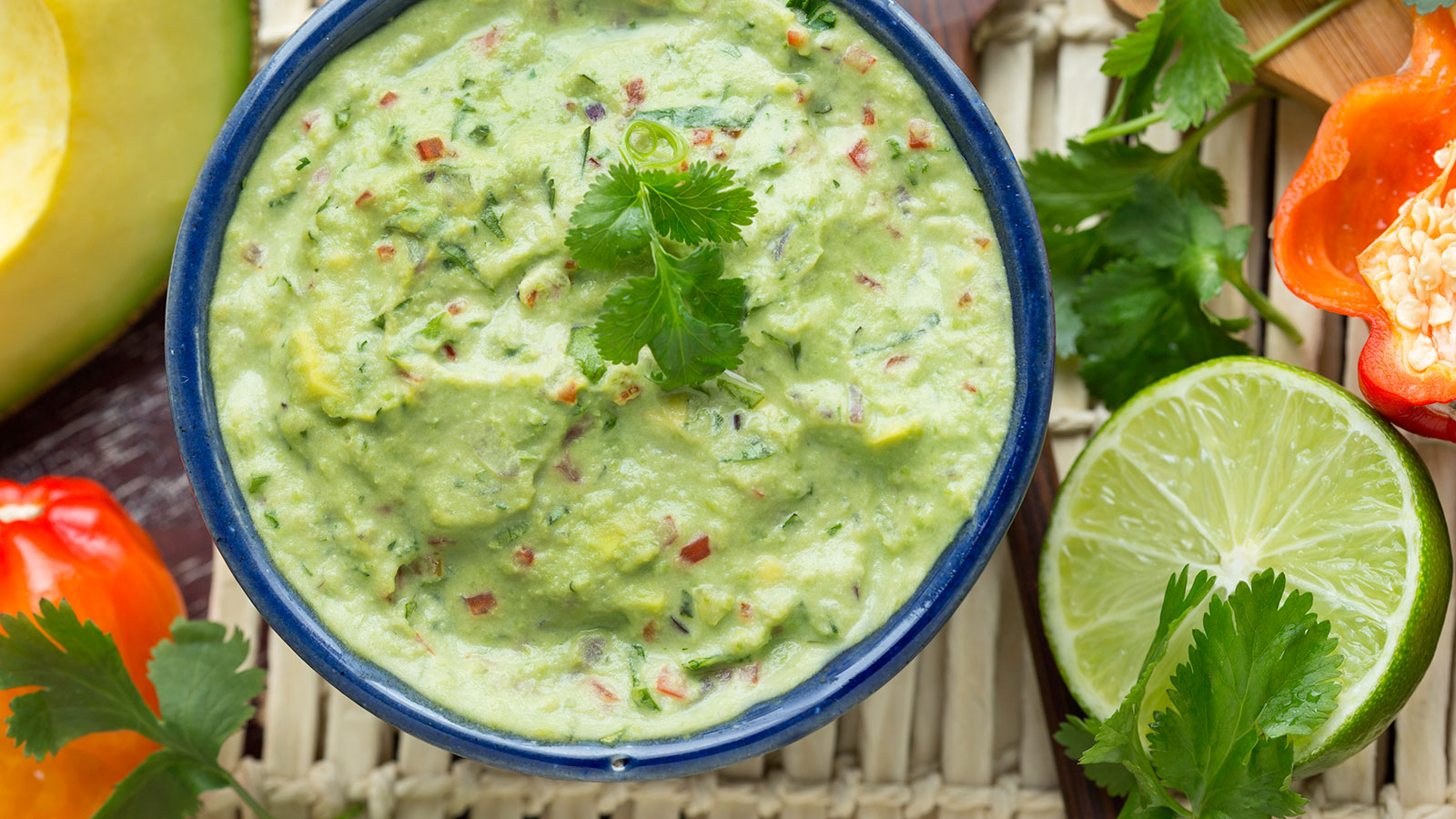
Healthy Gameday Snacks: Healthier Guacamole
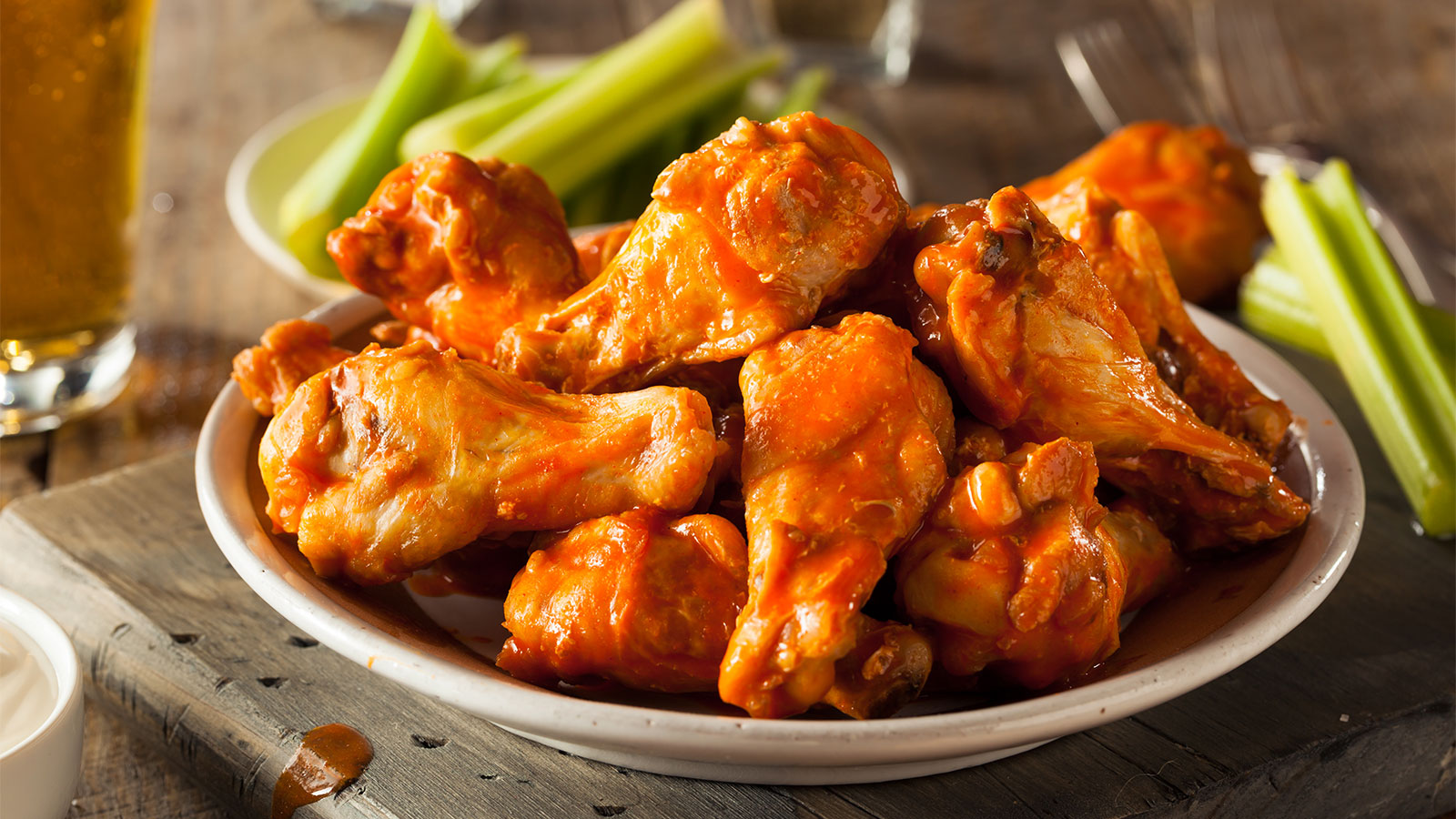
Healthy Gameday Snacks: Air Fryer Buffalo Wings

5 Delicious and Healthy Gameday Snacks

How Sex Keeps You Healthy as You Age

Protect Your Child From HPV and Related Cancers

Why IUDs Might Be The Most Effective Birth Control

5 Things You're Too Embarrassed to Tell Your OBGYN

4 Not-So-Crazy Questions to Ask Your Doctor

The Top 10 Foods For A Healthy Diabetes Diet
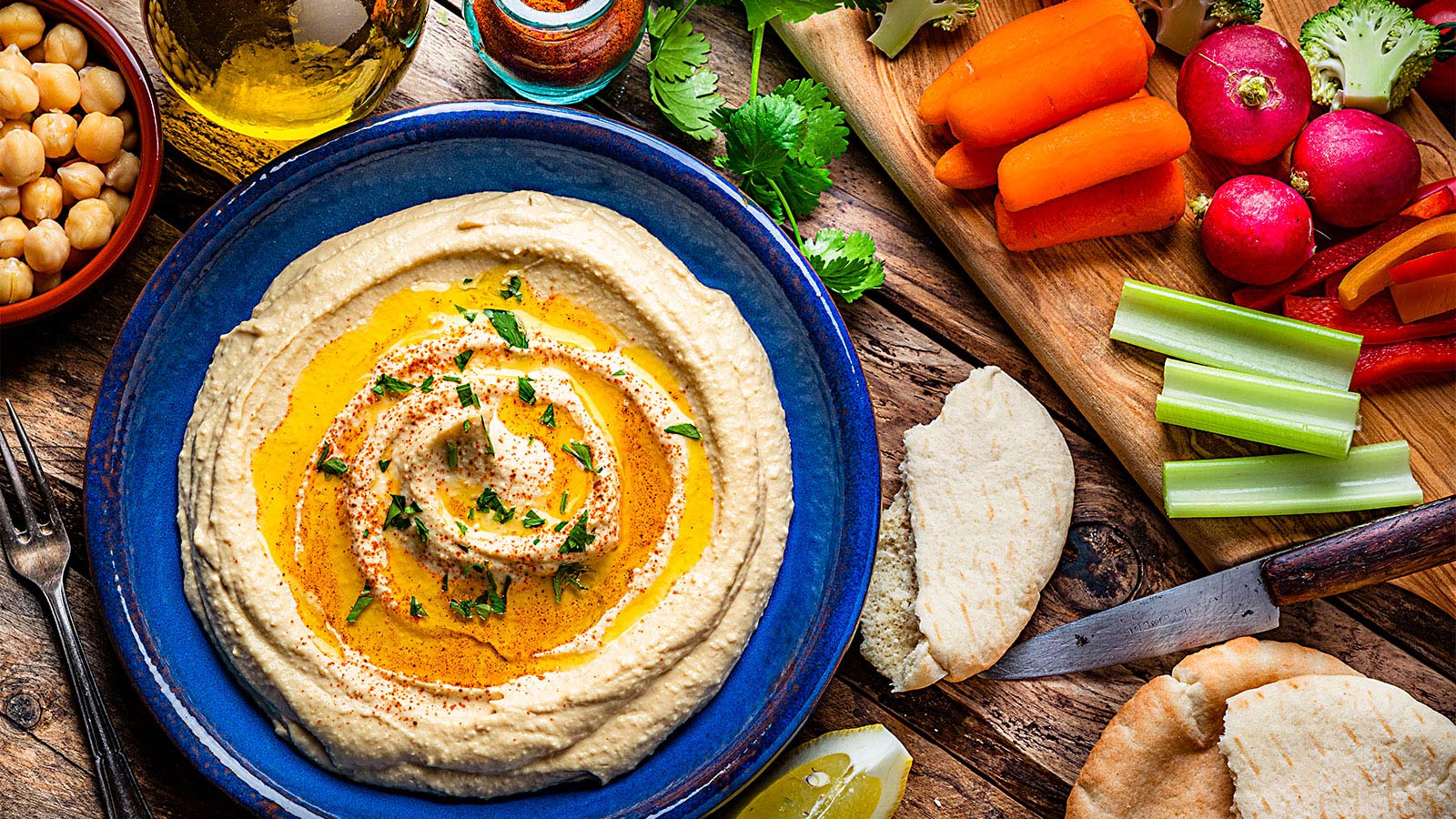
Heart-Healthy Summer Recipe: Hummus and Veggies

4 Delicious Heart-Healthy Recipes Perfect for Summer

Heart Healthy Summer Recipe: Dessert Parfait
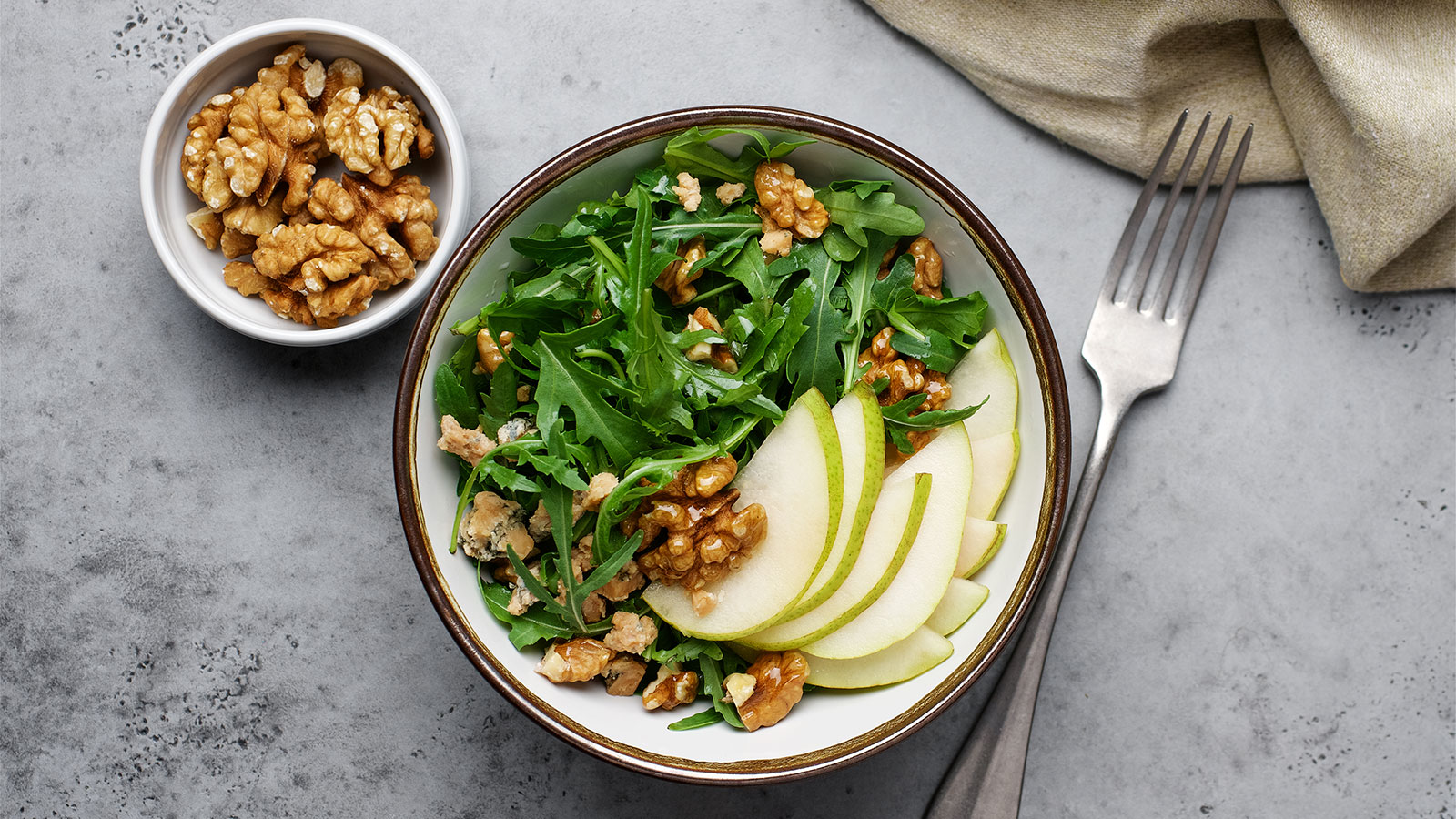
Heart-Healthy Summer Recipe: Pear and Walnut Salad
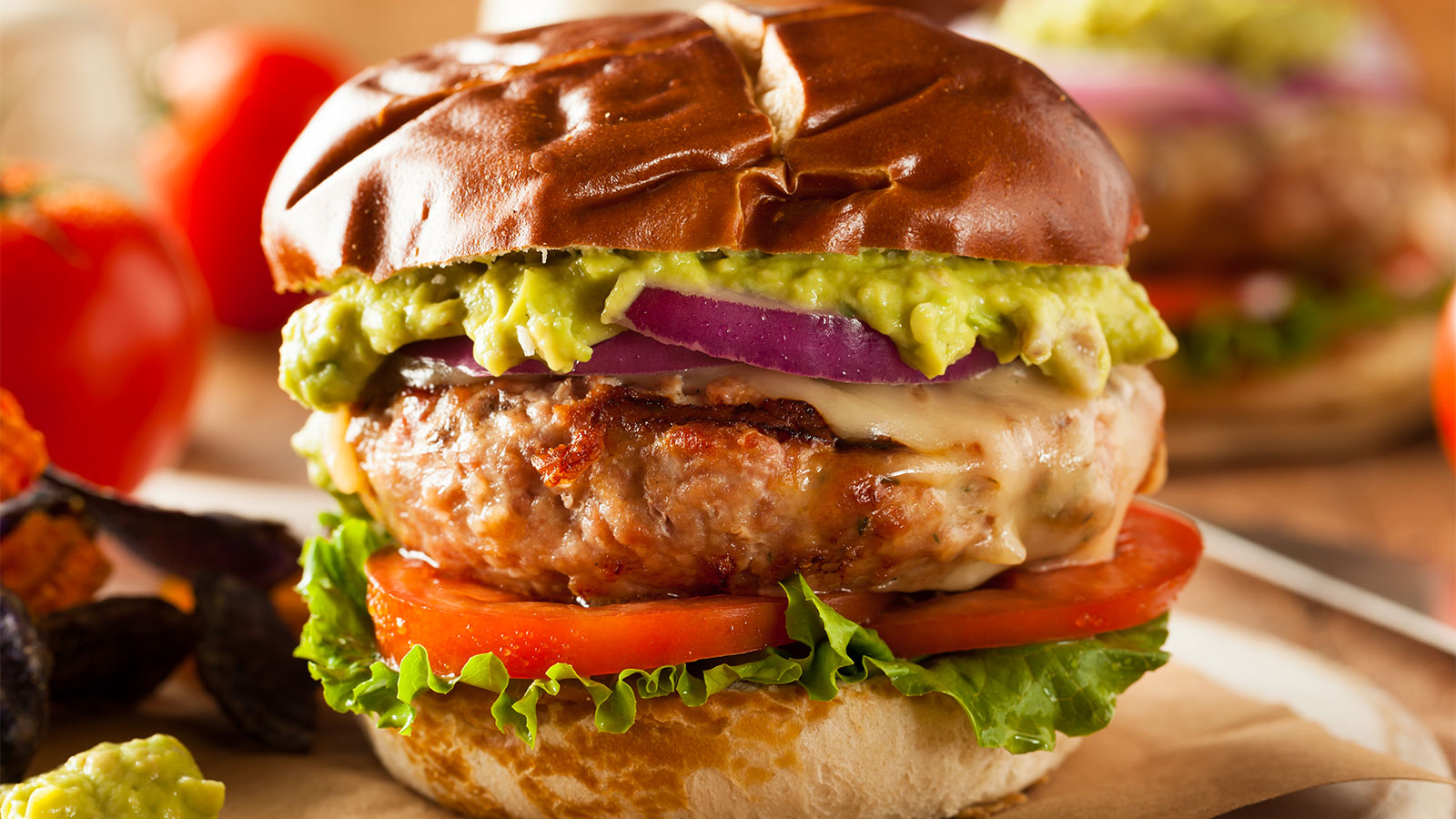
Heart-Healthy Summer Recipe: Terrific Turkey Burgers

Is This the Right Time in Your Life for Bariatric Surgery?

All for Bear: Dan Loses Weight to Be His Son’s Kidney Donor

‘Astronomical Changes’: Brain Stimulation Therapy Lifts Ashley’s Depression

Forget Dieting: Find Your Eating Pattern

